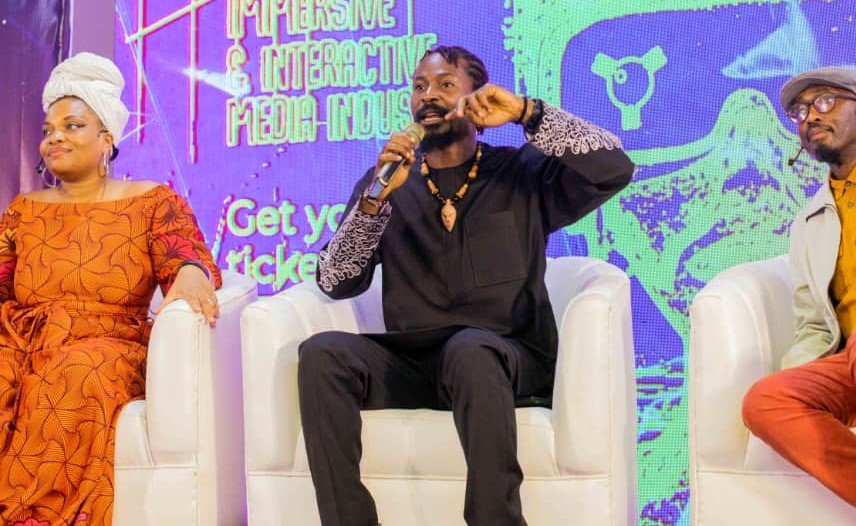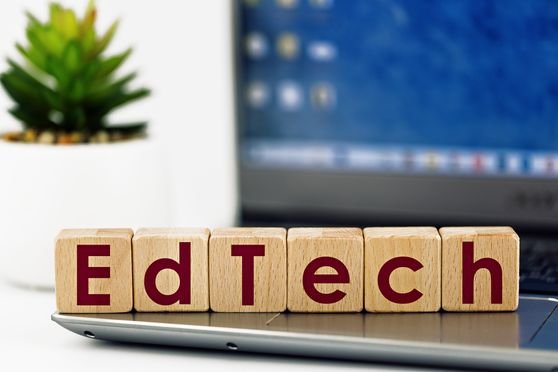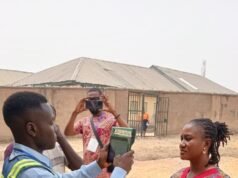A fresh face in the African education technology sector, OhunLabs, has officially launched with ambitious plans to reshape how young Africans learn — especially when it comes to native language media fluency. Founded by former Lagos Television presenter Oluwakemi Sodolamu, the startup enters the scene at a moment when confidence in the EdTech space is fragile, but the demand for innovation is rising.
Sodolamu says the seed of OhunLabs grew from years behind the camera, where she observed children struggle to articulate themselves in local tongues. “They were not devoid of intelligence,” she recalls, “but lacked confidence and context.” With that in mind, the platform is being built not merely as a test prep tool but as a conduit for media literacy, self-confidence, and cultural identity development.
In its mission statement, OhunLabs promises to challenge the status quo: it will teach children how to broadcast, narrate, speak and record content — all in their indigenous languages — via a lean, data-sensitive app designed to work on low-end smartphones. The startup is also layering in AI-driven voice coaching and planning continent-wide competitions to motivate learners and institutions alike.

Table of Contents
Learning on a Lean Budget: Tech & Pricing Innovations
One of OhunLabs’ first challenges is to balance access with sustainability. In recent years, several EdTech startups in Africa have buckled under overwhelming costs, high data usage, and low student retention. The collapse of Edukoya in 2025, despite heavy investment, is a cautionary tale. Many blamed that failure on inflated infrastructure expenses and a business model that couldn’t keep students engaged.
OhunLabs counters these pitfalls in two key ways:
- Lite app for low-end devices & reduced data usage
Rather than expecting users to own the latest smartphones or unlimited internet, the company is developing lightweight applications that run smoothly on basic devices. It emphasises asynchronous learning, allowing children to download lessons when connectivity is available and access them offline later, thereby reducing incessant data costs. - Diversified revenue channels
OhunLabs is combining a freemium access model for parents with bulk licensing deals to schools. Additionally, it is open to partnerships with NGOs, cultural organisations, and grant-funded initiatives that align with its language, heritage, and media objectives.
By hedging its revenue model, the startup hopes to avoid overreliance on any single source, a trap many early EdTech ventures have fallen into.

Standing Apart: Media Literacy in Native Tongues
What sets OhunLabs apart from many EdTech applications is its focus. While many platforms centre heavily on exam preparation or general academic reinforcement, OhunLabs positions itself as a media literacy and cultural identity platform. It encourages children to express themselves, build confidence, and tell their stories using the languages they speak at home.
Key features include:
- AI-powered voice coaching: To improve pronunciation, tone, and expression, helping learners refine their oratory skills in native tongues.
- Broadcasting skills training: The curriculum is designed to teach young users how to produce audio or video content — narrations, storytelling, role plays, and more.
- Continent-wide competitions: OhunLabs plans to host contests for children to showcase their broadcast projects. This serves the dual purpose of motivating learners and spotlighting talented youth to institutions and potential sponsors.
By blending technology, cultural relevance, and creative empowerment, OhunLabs hopes to carve out a niche that is neither generic nor derivative of existing EdTech players.
Challenges Ahead & the Road Forward
Despite its promise, OhunLabs faces a number of headwinds. Chief among them:
- Connectivity and infrastructure gaps
Many parts of Nigeria and broader Africa still struggle with reliable power and internet access. Even a lightweight, offline-capable app is vulnerable where connectivity is inconsistent. - Retention and engagement
Keeping young learners committed over time is notoriously difficult. OhunLabs must build incentives, community, and a sense of progress to keep students coming back. - Monetisation balance
Freemium models hinge on converting free users to paid ones, without alienating those who cannot afford subscription fees. Bulk licensing to schools helps, but those institutions also operate under tight budgets. - Scaling across languages and regions
Africa is diverse. To genuinely reach children in multiple countries, OhunLabs must adapt content to myriad languages, dialects, and cultural contexts — a massive undertaking.

However, if it succeeds, the platform could rewrite the narrative of African EdTech by making media competence in native languages a mainstream part of childhood learning. As Sodolamu reflects, “Our platform was not simply teaching language; it was teaching presence in a cultural and expressive context.”
In the months ahead, all eyes will be on how well OhunLabs can execute — from pilot regions to full rollout — and whether it can build enough momentum to redefine what learning looks like on the continent.
Join Our Social Media Channels:
WhatsApp: NaijaEyes
Facebook: NaijaEyes
Twitter: NaijaEyes
Instagram: NaijaEyes
TikTok: NaijaEyes




